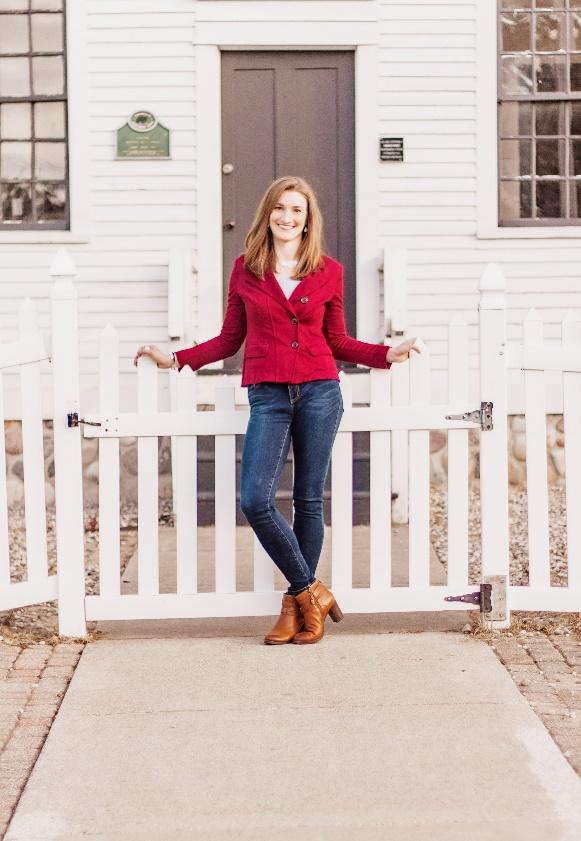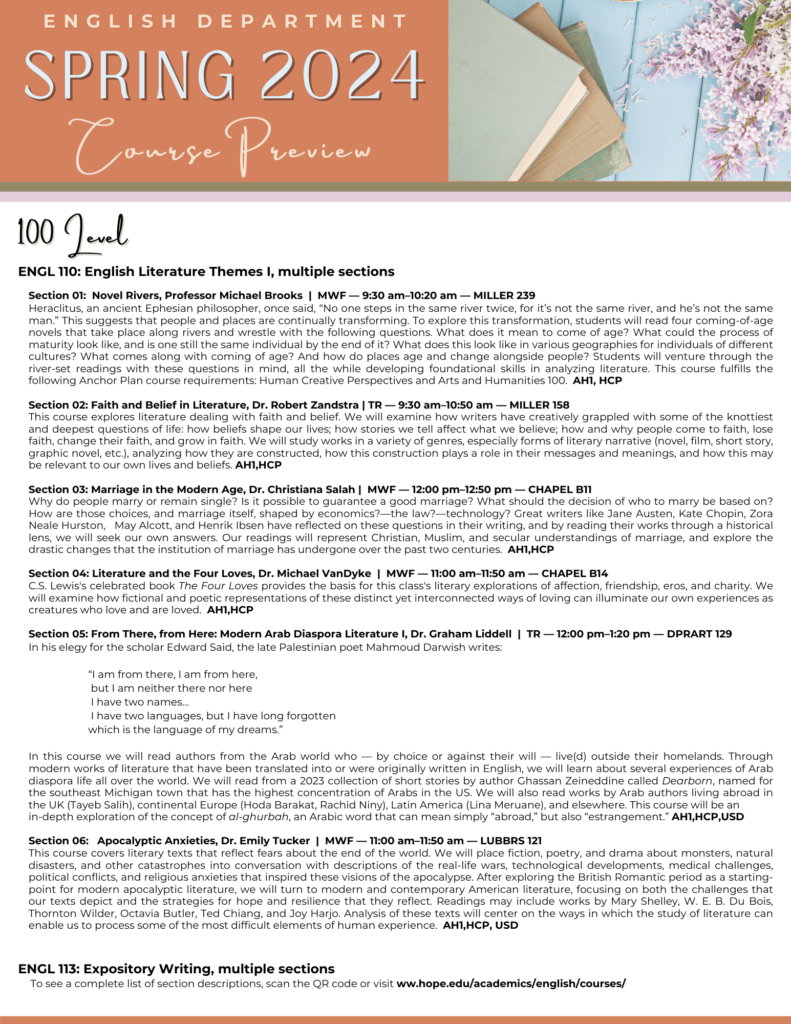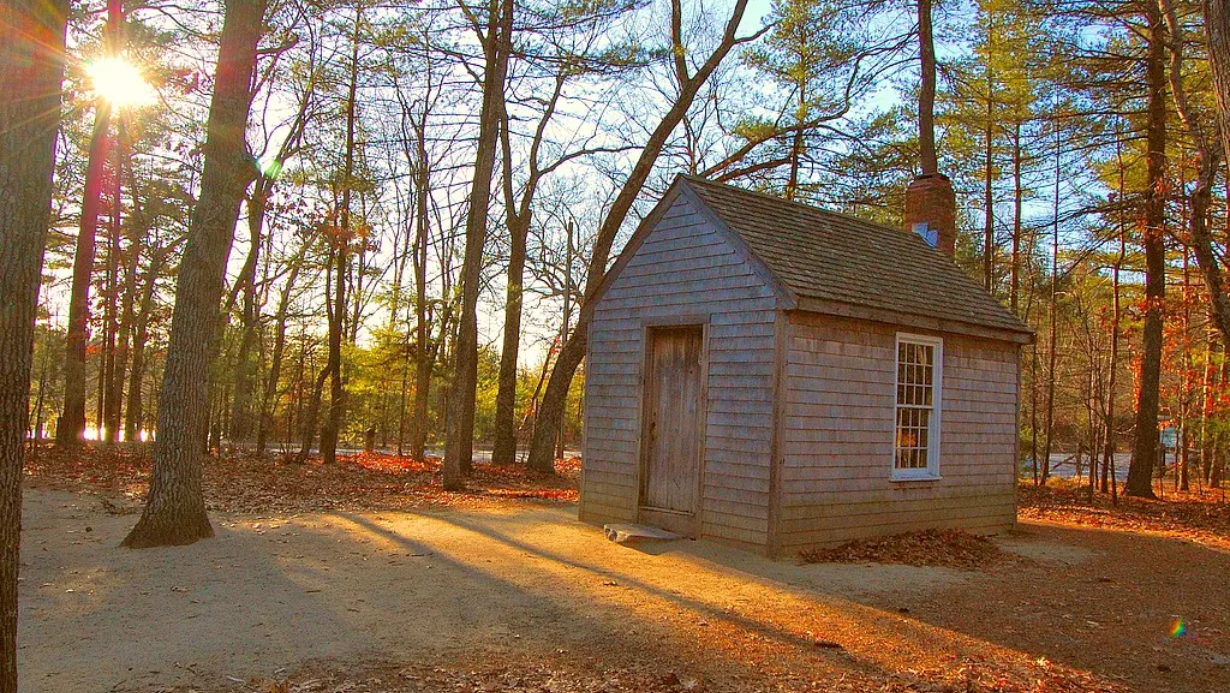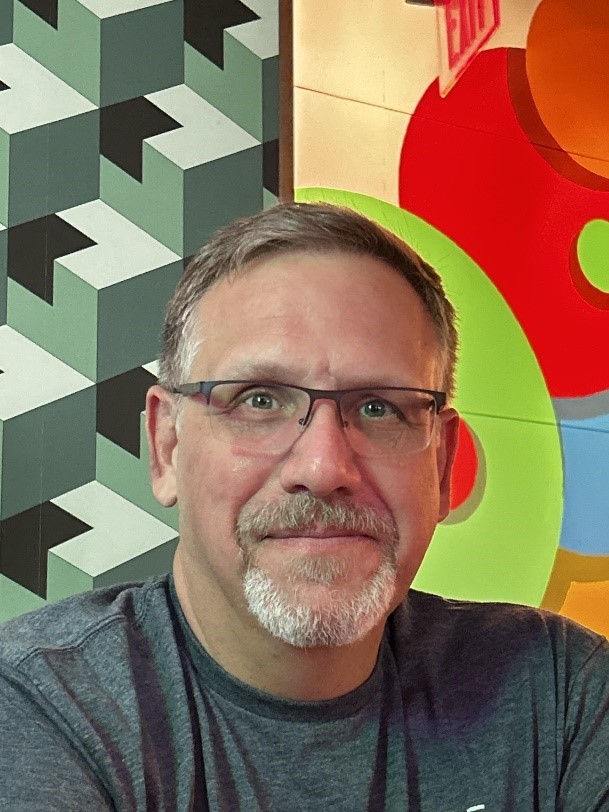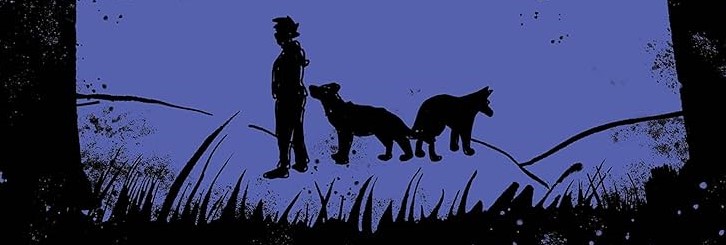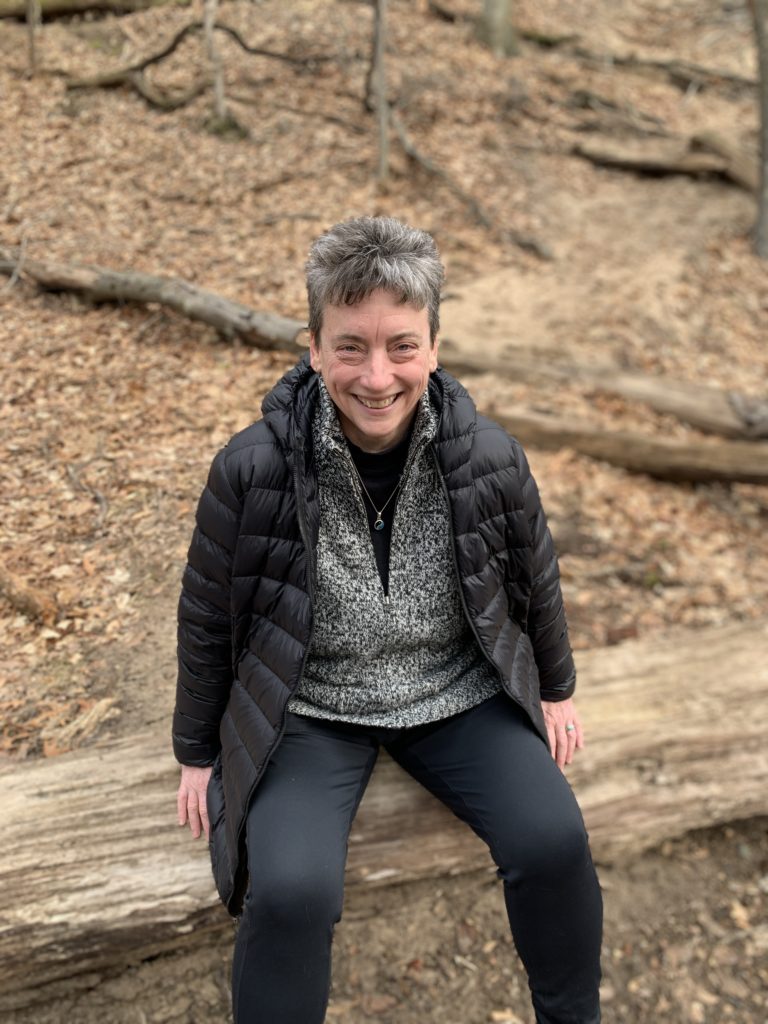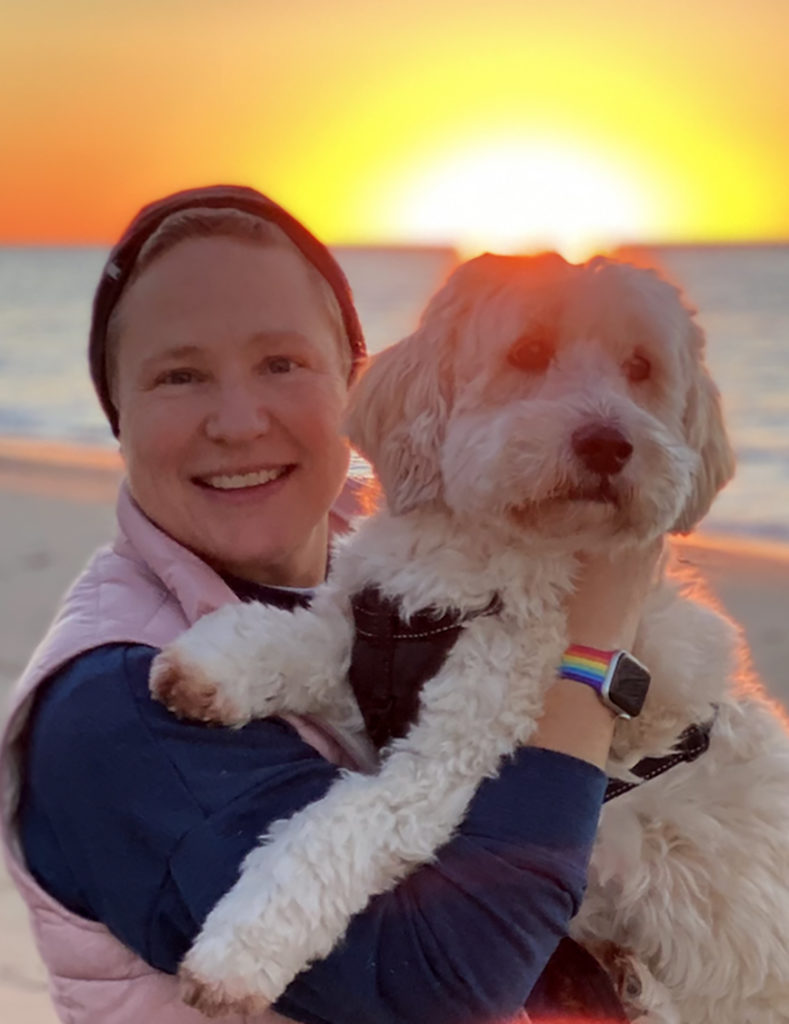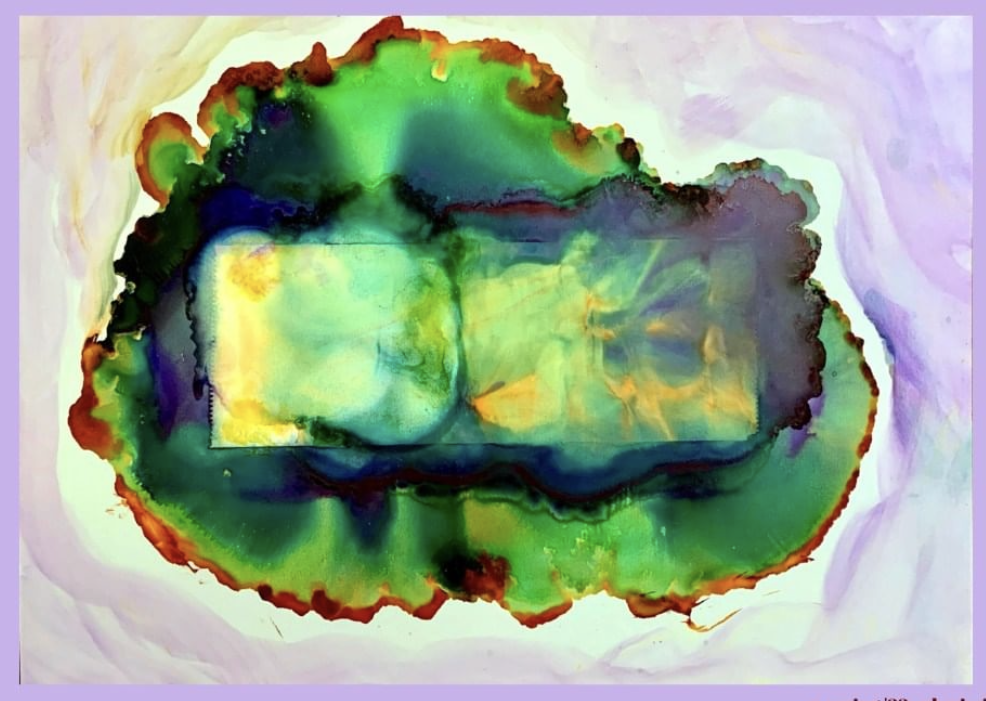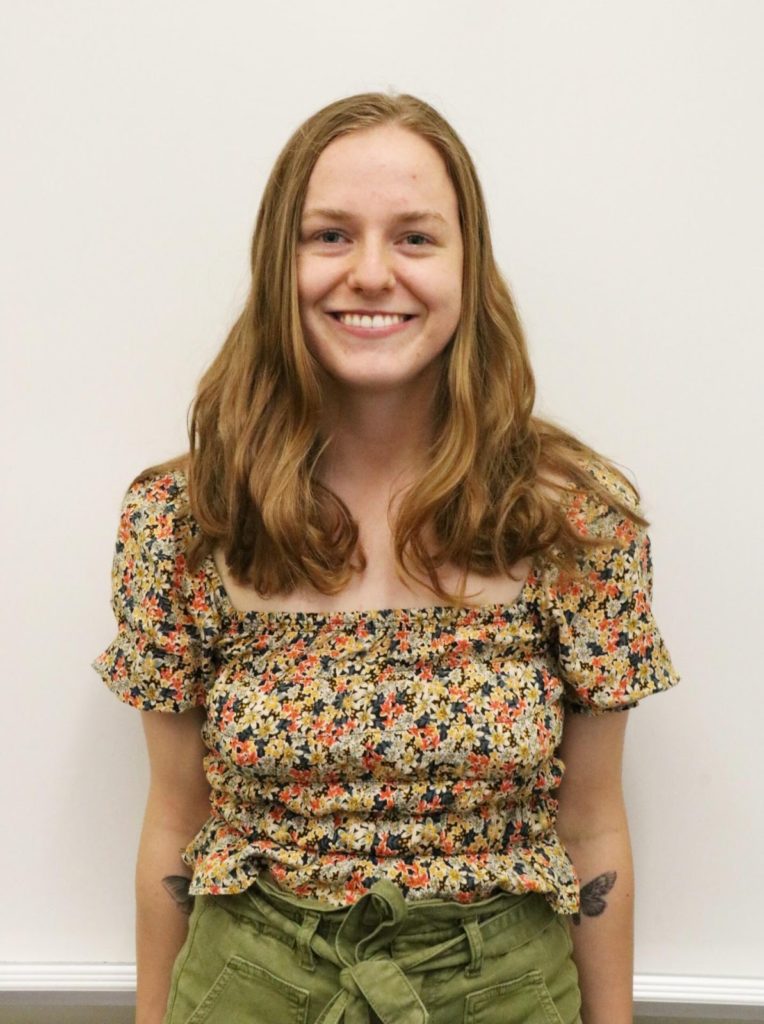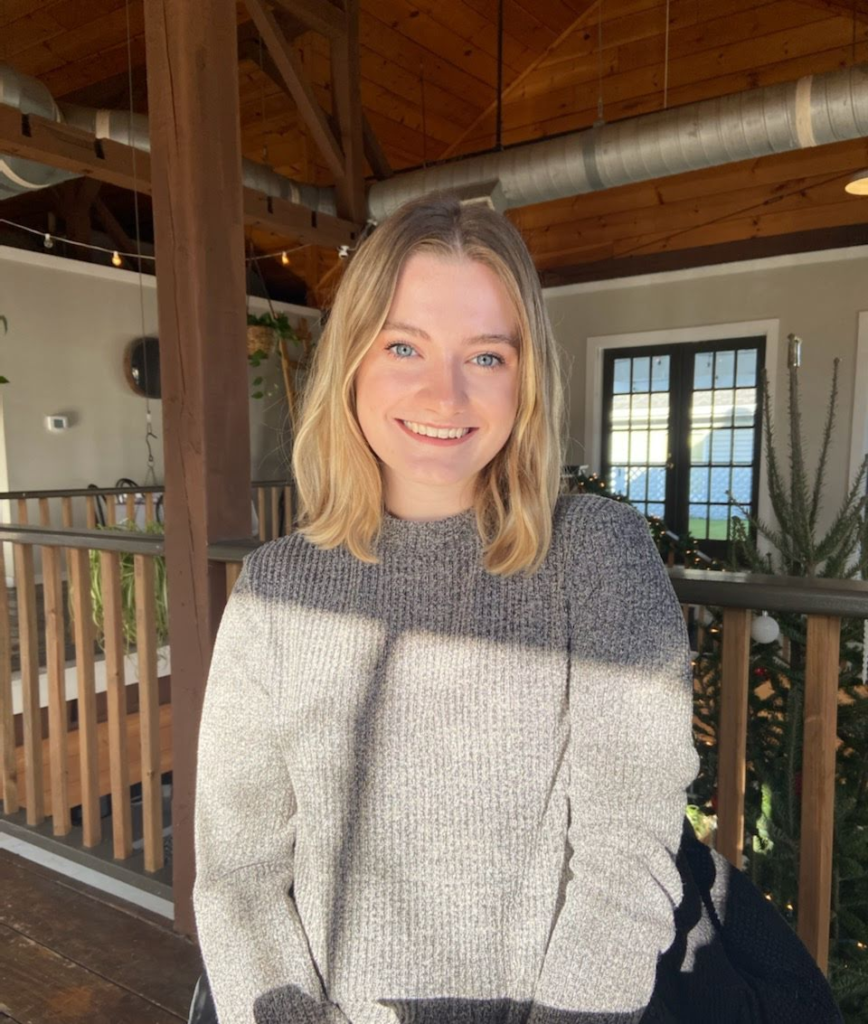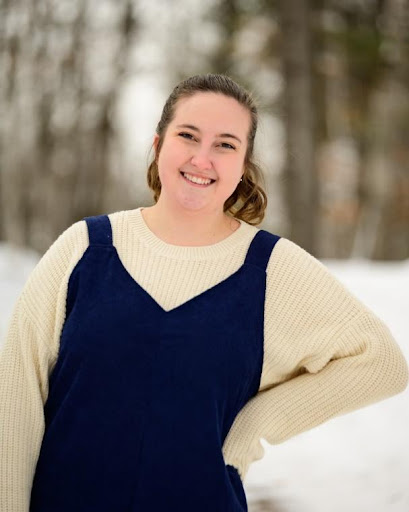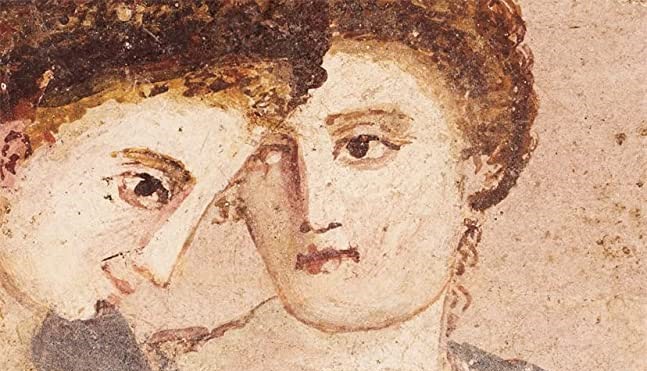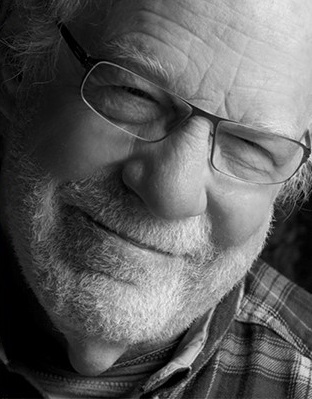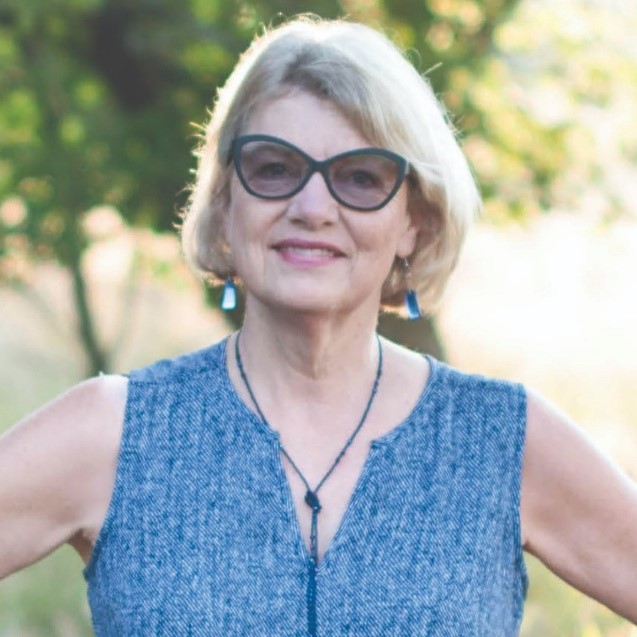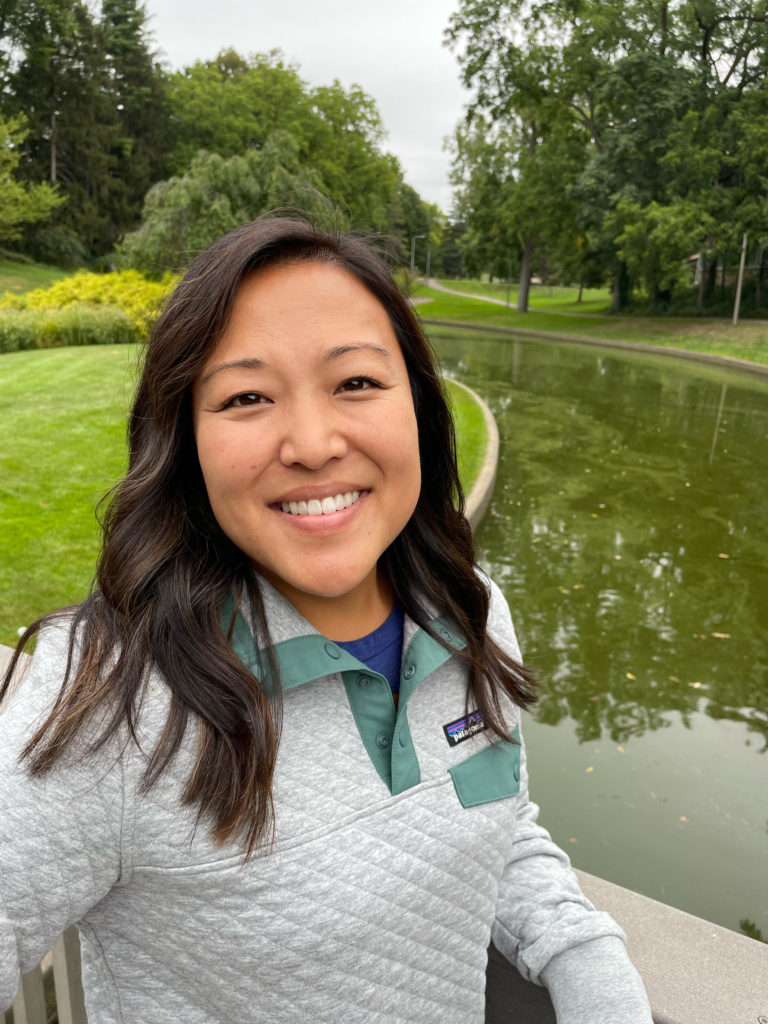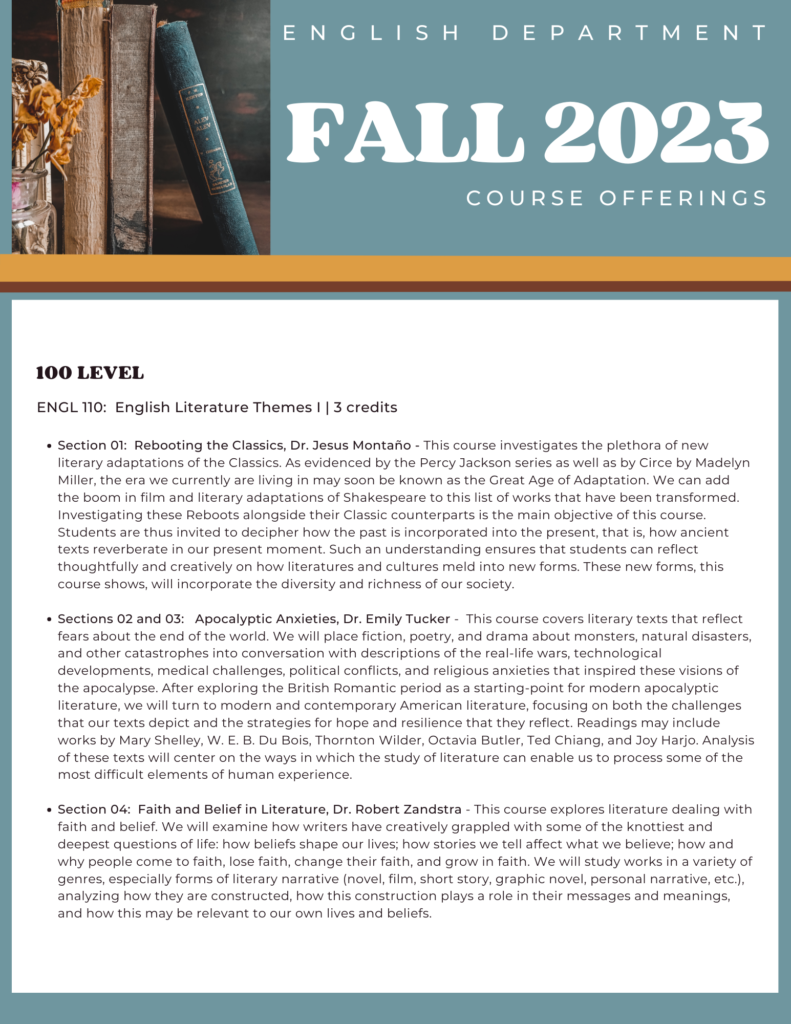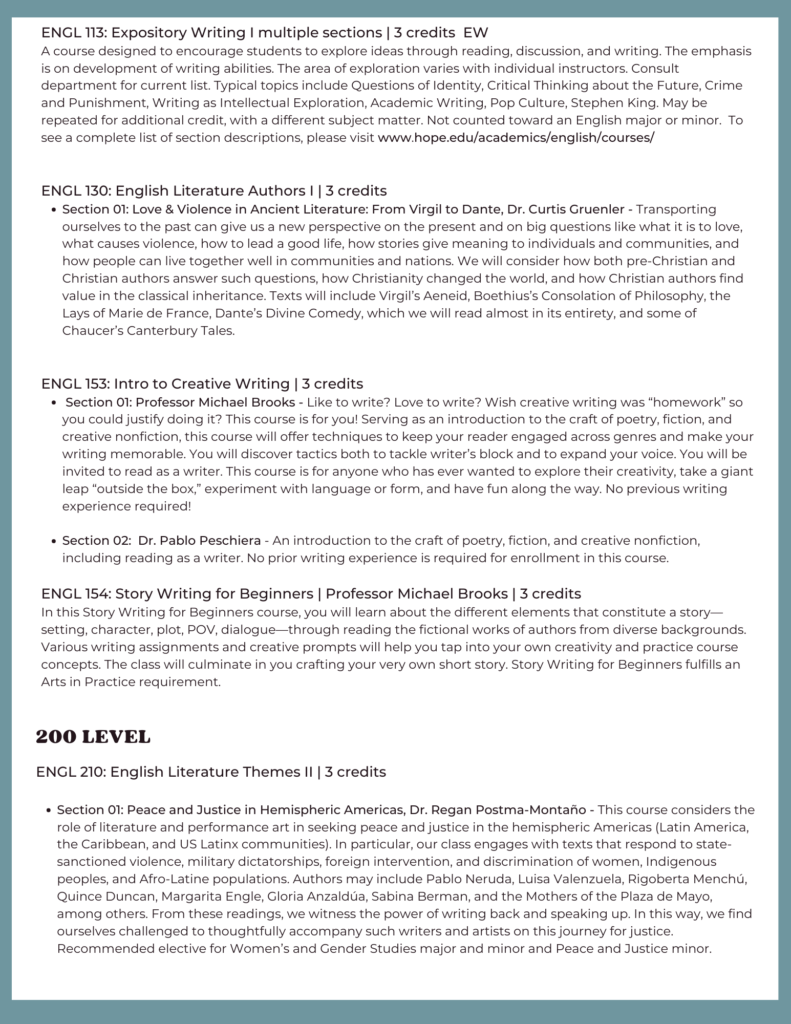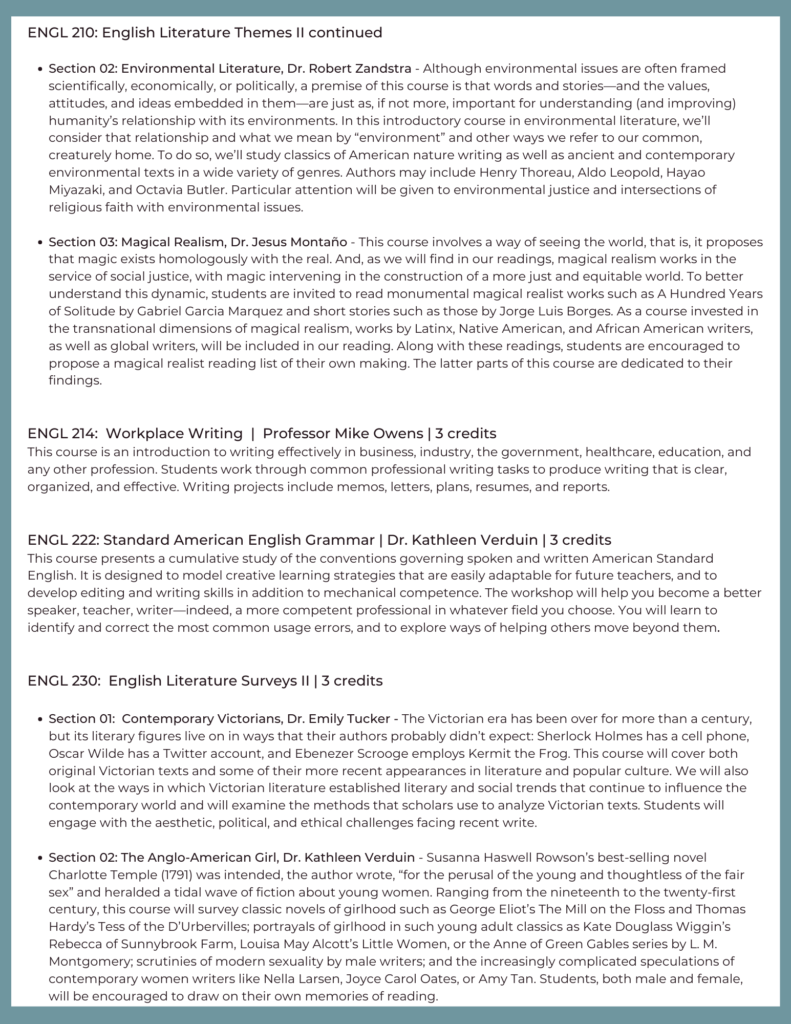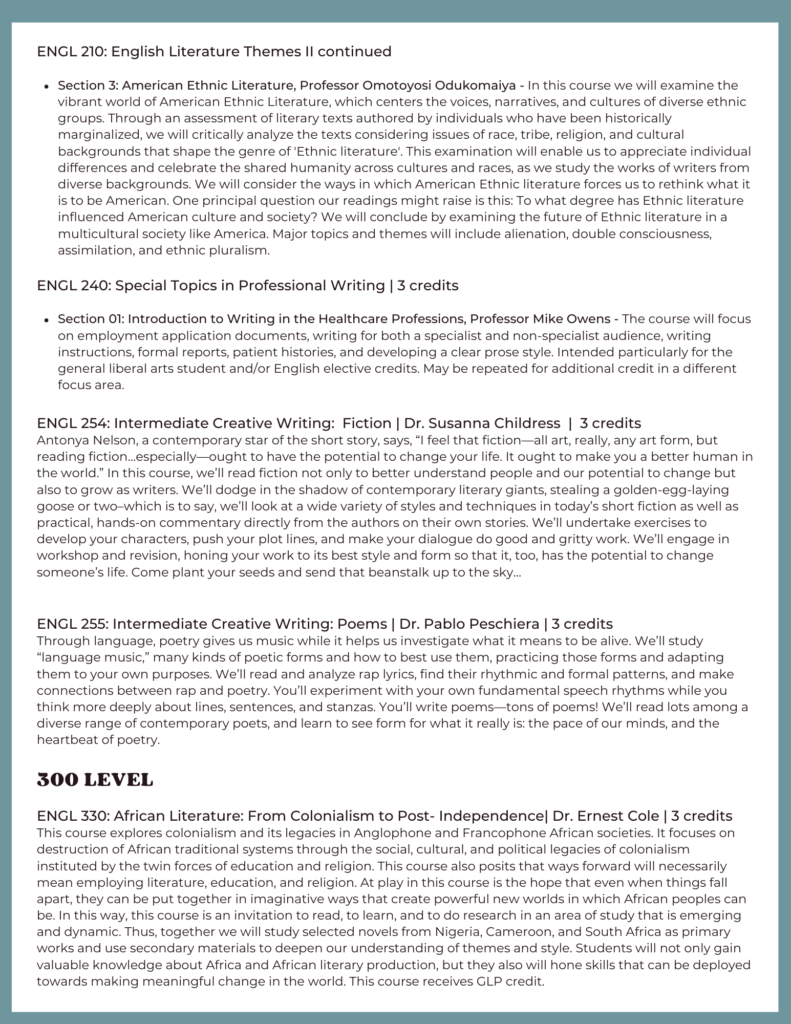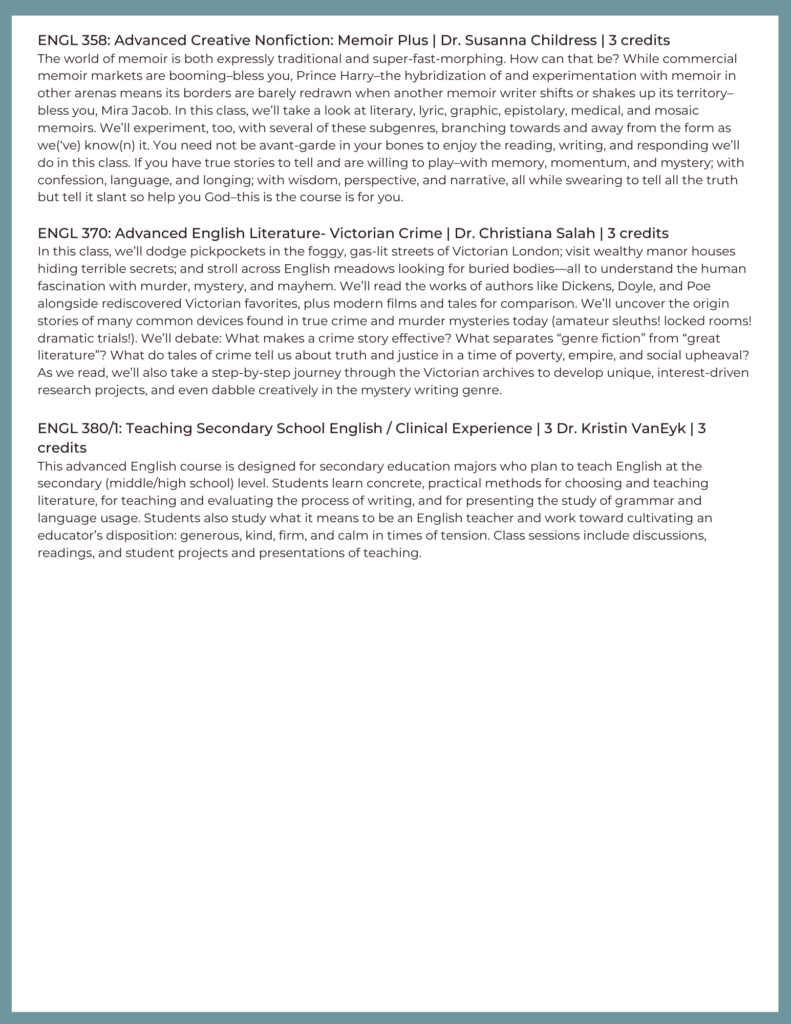Submitted by Hope Senior, Piper Daleiden
“Navigating the Literary Landscape: Careers for English Majors” is an alumni panel that will be held on Wednesday, October 25, 2023, at 6:00 p.m. in the Boerigter Center’s Learning Lab. Meaghan Minkus ’11, Sarah McCabe ’07 and Chris O’Brien ’12 will share experiences, advice, and practical tips from their professional careers. Visit Handshake to learn more and register for the event.
Read on for a preview of Meaghan Minkus’ journey from Hope to assistant editor at a publishing company.
What activities were you involved in at Hope? Nykerk, study abroad (to York St. John in York, UK), Chapel Choir, Luminescence, Opus
What were your on-campus work experiences? I was a tutor in the Writing Center for a semester or two, and I worked in the English Department as an office assistant almost my entire time at Hope. I started there the second semester of my freshman year and stayed on until I graduated, only missing the semester I was abroad!
What is your current position? Assistant Editor, Zondervan Books
What do you enjoy about your current job? I’m involved in several processes along the book production timeline, from initial acquisitions decisions to finalizing final files. It’s so rewarding to see a book on bookstore shelves (or on Amazon…let’s be real) that I first saw as a “baby” proposal and to know I had a hand in making it into the book everyone gets to see!
How have your campus/educational experiences in your liberal arts degree helped develop your current worldview? I certainly have a broader, more holistic worldview than I would have if I had only taken courses that applied to my major/minor. One semester, I was studying the French Revolution in both my French class and my Cultural Heritage class at the same time, getting different views on the same events from both French and non-French perspectives. My study abroad experience allowed me to take a class on Caribbean literature in the country that colonized much of the Caribbean, which generated fascinating discussions on the implications of British colonialism on Caribbean people and the experiences that showed up in their writings that were direct results of British imperialism. My Astronomy class not only encouraged me to learn more about science but also to appreciate the scope of our incredible universe and all of the beauty we can find in how very small we are in the grand scheme of things. Theology, history, science, linguistics, music…it’s all shown up in literature I’ve encountered, conversations I’ve had, and people I’ve met since I graduated, and being able to actively participate in those encounters is something I can directly attribute to my Hope education.
Do you have any advice you would give to current/prospective English majors? Don’t let the haters get you down. 😉 There are a TON of career paths for English majors because plenty of fields need people who can construct good arguments, communicate effectively and in ways their end users can easily understand, and think critically. Teaching, publishing, journalism, and copywriting are all excellent fields, but don’t count out off-the-beaten-path options like law, coding/tech, UX/UI, nonprofit work, advocacy, politics, or other career paths that might not immediately spring to mind when you think of “jobs for English majors.”
Do you have a favorite book? This Here Flesh by Cole Arthur Riley. Her writing is lyrical and mesmerizing, and she can speak truth to hard things–in her own past and in the world at large–while still finding beauty in the mundane and hope in the darkest places. It’s honestly one of the most gorgeous books I’ve ever read.



